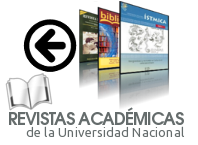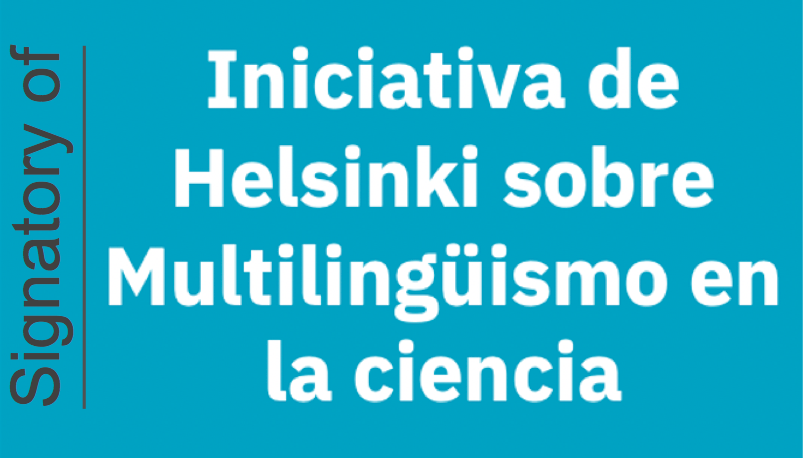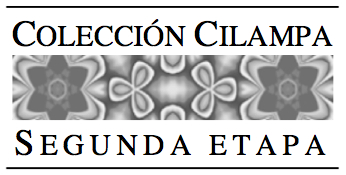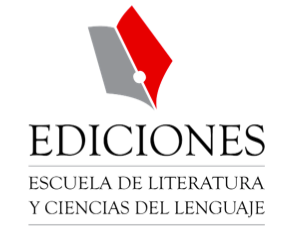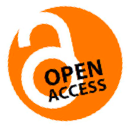Lo bueno, lo malo y lo impensable de la autonomía en el aprendizaje de ILE
DOI:
https://doi.org/10.15359/rl.1-67.6Palabras clave:
inglés como lengua extranjera, investigación-acción, estrategias de aprendizajeResumen
Se analiza la relación entre la autoevaluación del estudiante y el desarrollo de la autonomía en el aprendizaje del Inglés como Lengua Extranjera (ILE). Mediante la investigación-acción, el estudio incluyó veintidós estudiantes de primer ingreso de un curso de comunicación oral y comprensión auditiva de la Universidad Nacional, Costa Rica. Los datos fueron recabados mediante planes semanales, diarios del estudiante y portafolios del estudiante y sometidos a validación metodológica. Se concluye que hay una conexión entre la autoevaluación y el desarrollo de autonomía en el aprendizaje de ILE en cuatro áreas: manejo del tiempo, autoconsciencia, sentido de logro e integración de destrezas.
Referencias
Andrade, Heidi, and Gregory Cizek. Handbook of Formative Assessment. New York, Routledge, 2010.
Barrantes, Lena, and Cinthya Olivares. “A Closer Look into Learner Autonomy in the EFL Classroom,” Revista de Lenguas Modernas 19 (2013): 325-343.
Bolancé, Juana, Francisco Cuadrado, José Ramón Ruiz, and Fernando Sánchez. “La autoevaluación de la práctica docente como herramienta para la mejora del proceso de enseñanza y aprendizaje del alumnado,” Avances en Supervisión Educativa 18 (2013): 1-16.
Bozkurt, Nilcan, and Fadime Yalcin Arslan. “Learner Autonomy in Language Learning: Syrian Refugee EFL Learners’ Perceptions and Readiness,” REMIE Multidisciplinary Journal of Educational Research 8, 2 (2018): 115-145. DOI: 10.17583/remie.2018.3028.
Cabrera, Isaac. “Autonomía en el aprendizaje. Direcciones para el desarrollo en la formación profesional,” Actualidades Investigativas en Educación 9, 2 (2009): 1-22.
Cohen, Louis, Lawrence Manion, and Keith Morrison. Research Methods in Education, 7th ed. New York: Routledge, 2011.
Everhard, Carol J., and Linda Murphy. Assessment and Autonomy in Language Learning Houndmills, Basingstoke, Hampshire: Palgrave MacMillan, 2015.
Gamble, Craig, Keiko Yoshida, Jonathan Aliponga, Shirley Ando, Yasuko Koshiyama, and Michael Wilkins. “Examining Learner Autonomy Dimensions: Students’ Perceptions of their Responsibility and Ability,” JALT Conference Proceedings (2012): 263-272.
Gamboa, Roy. “La autoevaluación del estudiante para potenciar la autonomía en el aprendizaje,” Curso Didáctica Universitaria para Profesores, Universidad de Costa Rica (2013) [unpublished manuscript].
Gay, Larry R., Geoffrey E. Mills, and Peter Airasian. Educational Research: Competencies for Analysis and Applications, 9th ed. Upper Saddle River, NJ: Pearson, 2009.
Gulzar, Shazia, Farzan Yahya, Muhammad Nauman, Zarak Mir, and Syed Hassaan. “Frustration among University Students in Pakistan,” International Research Journal of Social Sciences 1, 14: (2012): 7-15.
Hadidi Tamjid, Nasrin. “Chaos / Complexity Theory in Second Language Acquisition,” Novitas-ROYAL 1, 1 (2007): 10-17.
Hernández, Roberto, Carlos Fernández, and María del Pilar Baptista. Metodología de la investigación, 5 th ed. Mexico D. F.: McGraw-Hill.
Johnston, Bill. “Putting Critical Pedagogy in Its Place: A Personal Account,” TESOL Quarterly 33, 3 (1999): 557-565.
Latorre, Antonio. La investigación-acción. Conocer y cambiar la práctica educativa. Barcelona: Graó, 2014.
Levitt, Roberta. “Freedom and Empowerment: A Transformative Pedagogy of Educational Reform,” Educational Studies 44 (2008): 47-61. 10.1080/00131940802225085.
Lichtman, Marilyn. Qualitative Research in Education: A User’s Guide, 3rd ed. Thousand Oaks, CA: SAGE Publications, 2013.
Loizou, Eleni, and Nasia Charalambous. “Empowerment Pedagogy,” Journal of Research in Childhood Education 31, 3 (2017): 440-452.
López, Patricia. “Empowerment Pedagogy: Personal Improvement Goal in Higher Education,” II Congreso Internacional en Lingüística Aplicada (CONLA-UNA): Pérez Zeledón: Universidad Nacional, 28-30 Oct. (2015): 244-254.
Monereo, Carlos, and Juan Ignacio Pozo. “La cultura educativa en la universidad: nuevos retos para profesores y alumnos,” La Universidad ante la nueva cultura educativa: enseñar y aprender para la autonomía. Madrid: Síntesis, 2003.
Moos, Daniel C., and Alyssa Ringdal. “Self-Regulated Learning in the Classroom: A Literature Review on the Teacher’s Role,” Educational Research International (2012): 1-15. DOI: 10.1155/2012/423284.
Pichugova, Inna L., Svetlana N. Stepura, and Matvey M. Pravosudov. “Issues of Promoting Learner Autonomy in EFL Context,” SHS Web of Conferences 28 (2016): 1-4. DOI: 10.1051/shsconf/20162801081.
Sagitova, Rimma. “Students’ Self-Education: Learning to Learn Across the Lifespan,” Procedia – Social and Behavioral Sciences 152 (2014): 272-277. DOI: 10.1016/j.sbspro.2014.09.194.
Sevilla, Henry, and Roy Gamboa. “Critical Incidents, Reflective Writing, and Future Teachers’ Professional Identities,” Revista de Lenguas Modernas 26 (2017): 233-255.
Sevilla, Henry, and Roy Gamboa. “Student Self-Evaluation and Autonomy Development in EFL Learning,” Revista de Lenguas Modernas 25 (2016): 199-222.
Soleimani, Hassan. “Complexity Theory and CALL Curriculum in Foreign Language Learning,” International Journal of Applied Linguistics & English Literature 3, 3 (2014): 19-25. DOI: 10.7575/aiac.ijalel.v.3n.3p.19.
Torres, Analí. “La educación para el empoderamiento y sus desafíos,” Sapients. Revista Universitaria de Investigación 10, 1 (2009): 89-108.
Tudor, Ian. The Dynamics of the Language Classroom. Cambridge: Cambridge University Press, 2001.
Zamora, Eduardo, and Olga Chaves. “Plans of Improvement: A Resource to Enhance Performance and Autonomy in EFL Courses,” Revista de Lenguas Modernas 18 (2013): 285-298.
Descargas
Publicado
Cómo citar
Número
Sección
Licencia
Principios básicos:
a) Los autores conservarán los derechos de propiedad intelectual de sus aportes o artículos;
b) Cada autor deberá indicar expresamente que ese artículo lo entrega, en calidad de exclusividad, a la revista LETRAS; y
c) La revista Letras se reservará el derecho de autorizar para fines académicos no lucrativos la reproducción y uso de ese material por parte de terceros, siempre que éstos indiquen expresamente la procedencia del artículo. Todo ello se postula en concordancia con la normativa de "Creative Commons Atribution License", recomendada.

This work is licensed under a Creative Commons Attribution-NonCommercial-NoDerivs 3.0 Costa Rica License.

